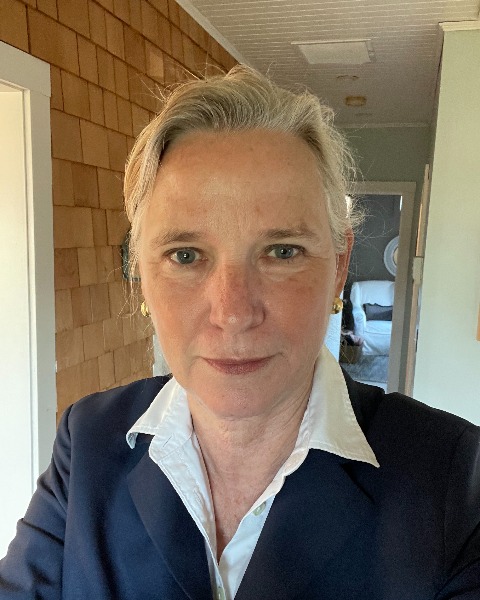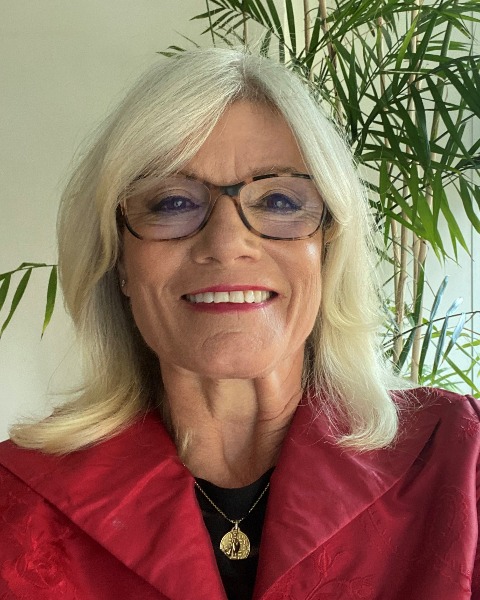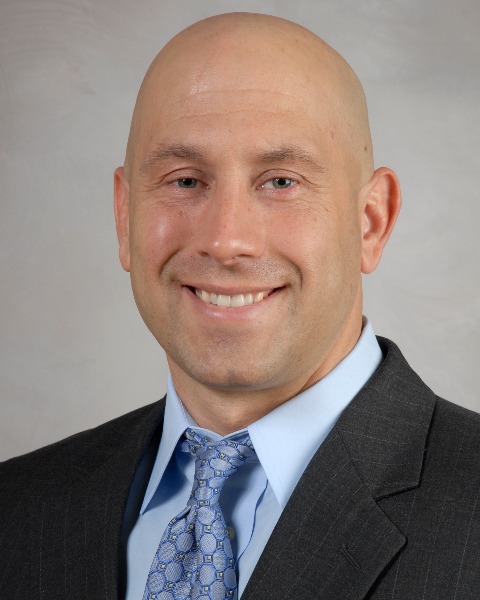Program Area: Health Sciences
The Elder Mistreatment Emergency Department Toolkit: Addressing Elder Mistreatment During COVID-19 and Beyond
-

Rebecca Stoeckle, BA
Senior Vice President
US Division
Education Development Center, Inc.
Waltham, Massachusetts, United States -

Terry Fulmer, PhD, RN, FAAN
President
The John A. Hartford Foundation
The John A. Hartford Foundation
New York, New York, United States -

Sherry Plummer, MSN, RN-BC
Manager - Clinical Case Management
Clinical Case Management
Lyndon B. Johnson General Hospital
Houston, Texas, United States -
CP
Carol-Lynne Papa, RN
Emergency Department
Heywood Hospital
Gardner, Massachusetts, United States -

Theresa M Sivers-Teixeira, MSPA, PA-C
Instructor of Clinical Medicine
Family Medicine
University of Southern California
Alhambra, California, United States -

Jason Burnett, PhD
Associate Professor of Geriatric and Palliative Medicine
Department of Internal Medicine, Division of Geriatric and Palliative Medicine
The University of Texas McGovern Medical School at Houston
Houston, Texas, United States
Chair(s)
Discussant(s)
Individual Symposium Abstract First Author(s)
Elder Mistreatment (EM) is a prevalent problem that too often goes undetected. Hospital emergency departments (ED) offer a unique opportunity to screen for elder mistreatment and connect patients at risk with needed services but most do not have training and protocols in place to help staff screen for and respond to EM. In 2020, the National Collaboratory to Address Elder Mistreatment partnered with five hospitals to test the feasibility of implementing a streamlined set of tools and training known as the Elder Mistreatment Emergency Department Toolkit, and conducted two qualitative studies to better understand related barriers and facilitators to addressing EM. The presentations in this symposium share results from case studies at two feasibility test sites: Heywood Hospital, a small community hospital in central Massachusetts, and Lyndon B. Johnson Hospital, the busiest Level III Trauma Center in Texas, each presented by the respective site’s local clinical champion. Following presentations by the clinical champions, National Collaboratory expert core faculty will report results from two related qualitative studies. The first explores barriers and facilitators to communication between EDs and Adult Protective Services (APS) and the second explores older adult survivors’ own perspectives on the screening and response tools used in the feasibility study. The results of these studies highlight the need for streamlined and easy-to-use tools for identifying and responding to EM in busy EDs, the need for a personalized and trauma-informed approach to screening, and the importance of a personalized approach to connecting the ED and APS.
Learning Objectives:
- After attending this session, participants will be able to describe implementation of an elder mistreatment screening and response toolkit at two diverse emergency departments.
- After attending this session, participants will be able to demonstrate an understanding of older adult survivors’ perspectives of an emergency department-based elder mistreatment screening tool.
- After attending this session, participants will be able to describe barriers and facilitators to engagement between emergency departments and local Adult Protective Services agencies.
Presentations:
-
5:30 PM – 7:00 PM ETImplementation of the Elder Mistreatment Emergency Department Toolkit at Lyndon B. Johnson Hospital
Individual Symposium Abstract First Author: Sherry Plummer, MSN, RN-BC – Lyndon B. Johnson General Hospital
-
5:30 PM – 7:00 PM ETImplementation of the Elder Mistreatment Emergency Department Toolkit at Heywood Hospital
Individual Symposium Abstract First Author: Carol-Lynne Papa, RN – Heywood Hospital
-
5:30 PM – 7:00 PM ETEmergency Department: Adult Protective Services Relationship in Response to Elder Mistreatment
Individual Symposium Abstract First Author: Theresa M Sivers-Teixeira, MSPA, PA-C – University of Southern California
-
5:30 PM – 7:00 PM ETPerspectives of the EM-SART: Interviews With Adult Protective Services Clients
Individual Symposium Abstract First Author: Jason Burnett, PhD – The University of Texas McGovern Medical School at Houston
